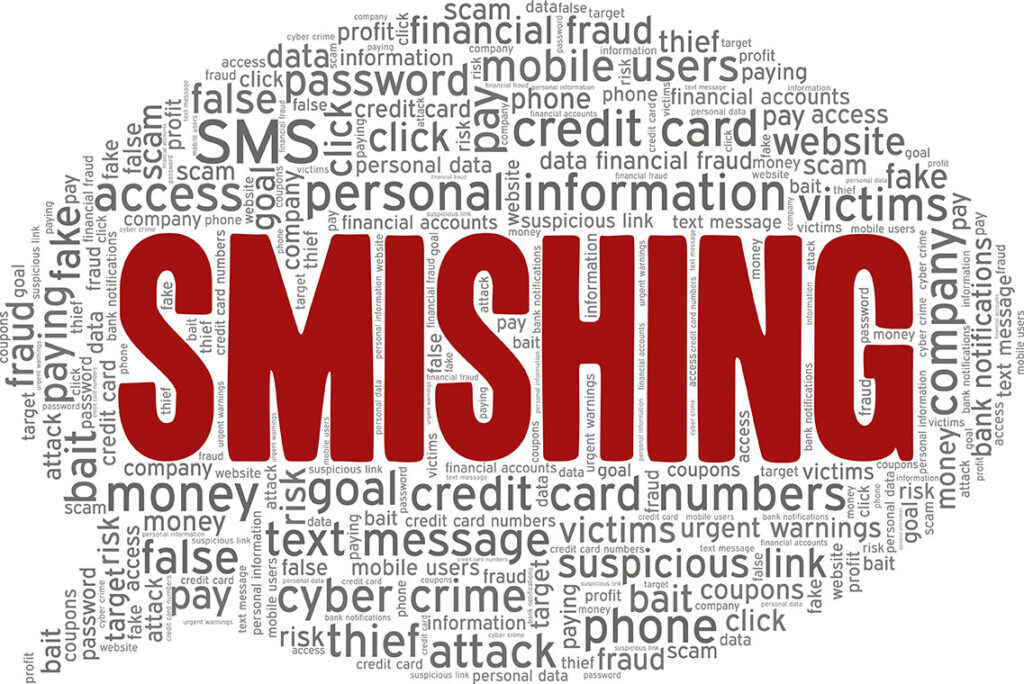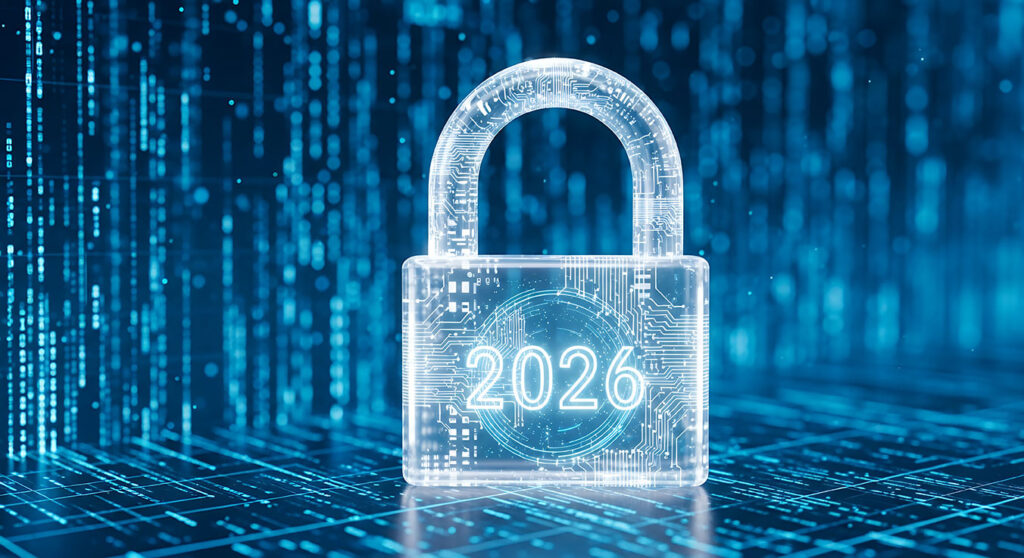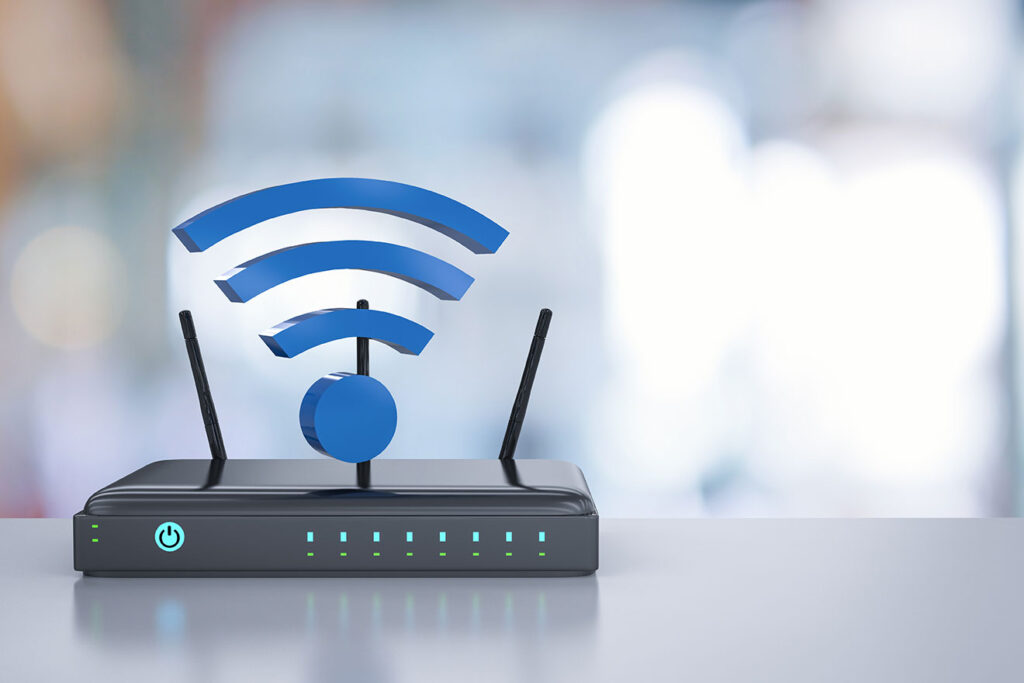Have you ever received text messages about special discounts or promotions for a service you use? Many legitimate organizations send promotional text messages to their customers. Unfortunately, cybercriminals are sending text messages with fake promotions to try to manipulate you.
In a recent smishing (SMS phishing) scam, cybercriminals send you a text message offering a discount that’s only available for a limited time. The text message claims that the discount is for a common expense such as gas, an electricity bill, or even a car insurance policy. To claim your discount, the text message states that you need to click a link and enter sensitive information, including your bank account information. If you click the link and enter this information, cybercriminals can use it to access your bank account and steal your money.
Follow the tips below to stay safe from similar smishing scams:
- Think before you interact with a text message. Did you sign up for text messages from the organization? Is the text message similar to other text messages you’ve received from the organization?
- If an offer sounds too good to be true, it probably is. Verify any offers of discounts or promotions by contacting the organization directly.
Never tap on a link in a text message that you aren’t expecting. Instead, open your internet browser and navigate to the organization’s official website.
Stop, Look, and Think. Don’t be fooled.
Protect your network! Learn more about security awareness training for your team.








